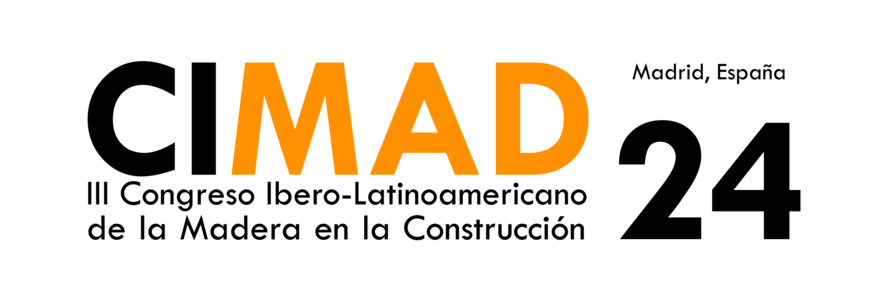Microstructural and physical aspects of heat treated wood. Part 2. Hardwoods
Keywords:
Wood modification, heat treatment, hardwood, microscopy.Abstract
Heat treatment of wood is an effective method to improve the dimensional stability and durability against biodegradation. Optimisation of a two-stage heat treatment process at relatively mild conditions (<200° C) and its effect on the anatomical structure of hardwoods were investigated by means of a light and scanning electron microscopic analysis. Hardwood species such as beech and poplar, were predominantly sensitive to collaps of the vessels and some deformation of the libriform fibres directly near the vessels. In treated beech and birch radial cracks were observed near the rays. Optimisation of the heat treatment process conditions including the application of a steam hydro thermolysis stage reduced such damages to a minimum. Broken cell walls perpendicular to the fibre direction resulting in transverse ruptures has been noticed in heat treated hardwood species. This contributes to abrupt fractures of treated wood as observed in bending tests which can lead to considerably different failure behavior after impact of mechanical stress. In some treated hardwood species maceration (small cracks between tracheids) was noticed after heat treatment. Heat treatment did not reveal damage to the ray parenchyma pit membranes, bordered pits and large window pit membranes; and the margo fibrils appeared without damage.Downloads
Download data is not yet available.
Downloads
Published
2025-09-30
How to Cite
Boonstra, M., Rijsdijk, J., Sander, C., Kegel, E., Tjeerdsma, B., Militz, H., Van Acker, J., & Stevens, M. (2025). Microstructural and physical aspects of heat treated wood. Part 2. Hardwoods. Maderas. Ciencia Y Tecnología, 8(3), 209–217. Retrieved from https://revistas.ubiobio.cl/index.php/MCT/article/view/1471
Issue
Section
Article
License
Copyright (c) 2015 M.J. Boonstra, J.F. Rijsdijk, C. Sander, E. Kegel, B. Tjeerdsma, H. Militz, J. Van Acker, M. Stevens

This work is licensed under a Creative Commons Attribution 4.0 International License.
Los autores/as conservarán sus derechos de autor y garantizarán a la revista el derecho de primera publicación de su obra, el cuál estará simultáneamente sujeto a la Licencia de Reconocimiento de Creative Commons CC-BY que permite a terceros compartir la obra siempre que se indique su autor y su primera publicación esta revista.
































